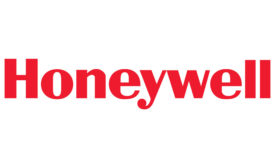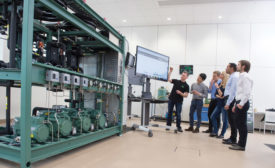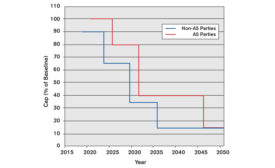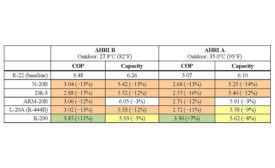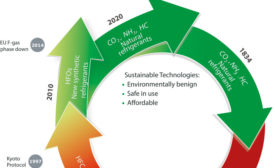Home » alternative refrigerants
Articles Tagged with ''alternative refrigerants''
Honeywell Partners with Juhua to Produce 1234yf in China
Production is expected to begin by the end of 2016
May 2, 2016
HVAC Refrigerants Continue to Evolve
Regulatory requirements are prompting manufacturers to utilize low-GWP alternatives
Read More
IIR Backs Two European Refrigeration Research Projects
Cryohub project focused on energy storage, Supersmart project to reduce energy consumption in supermarkets
March 17, 2016
Ames Laboratory to Research Caloric Materials, Help Advance Refrigeration Technology
It will lead consortium called CaloriCool
March 10, 2016
Surviving Refrigerant Transitions, Part 2
The drive to lower-GWP alternatives will define our landscape for years to come
Read More
Alternative Refrigerant Evaluation for Mini-Split Air Conditioners
Finding R-22 and R-410A alternatives for high-ambient-temperature environments
March 7, 2016
Household Refrigerator Industry Sets Goal to Eliminate Use of HFC Refrigerants
Home appliance manufacturers previously transitioned away from CFCs and HCFCs
February 23, 2016
AHRI, NRDC Align on Phasing Out Certain HFC Refrigerants
Proposal would phase out use of R-134a, R-410A, and R-407C in chillers
February 4, 2016
Tips for Surviving Refrigerant Transitions, Part 1
A look at how we got to where we are and what the future holds
Read More
Copyright ©2024. All Rights Reserved BNP Media.
Design, CMS, Hosting & Web Development :: ePublishing

